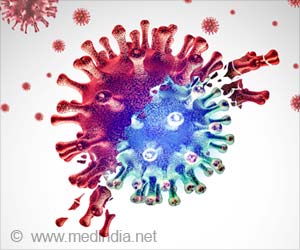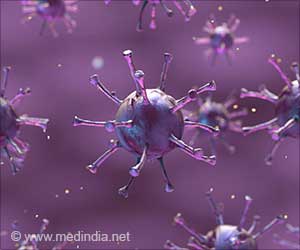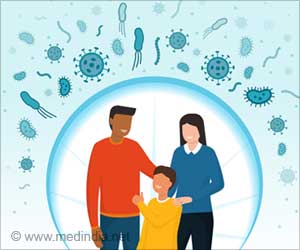Food may not be a primary mode of transmission of COVID-19 infection, but the SARS-CoV-2 virus can survive the time and temperatures associated with transportation and storage of contaminated food. people handling such contaminated food can become potential vectors of the disease.

‘The transmission of coronavirus via contaminated food is a low-risk possibility. But an infectious food handler, could become a vector indicating the potential for movement of viral-contaminated food items to a region with no Covid-19 and initiating an outbreak.’
Read More..




The main mode of coronavirus transmission is droplet infection. Other sources of infection like surface, fomites or even the possibility of virus in aerosols are not considered to be the primary source. Read More..
Forbes contributor, Bruce Lee emphasizes the difference between finding the viral RNA and a live replicating virus. Genetic material of the virus is not infectious as viruses need a live host for replication. Also, the viral load is another important factor for infectivity. Therefore, the chances of infection with coronavirus after eating food with just the viral genetic material is very low.
Another study by Reuters has found the evidence of presence of the viral genetic material on the outer packaging of frozen seafood in Yantai in china. The threat from these food-borne sources are very low.
Study
For the new study, 500 tiny individual cubes of salmon, chicken and pork from supermarkets in Singapore were inoculated w with a hefty dose of SARS-CoV-2 viral particles.
Advertisement
Researchers say that workers handling contaminated meat in the processing plants could be possible vectors of the infection, which might also explain the recent outbreak of the virus in New Zealand, where no new cases hand been reported in 100 days.
Summary
The study has demonstrated that the virus can “survive the time and temperatures associated with transportation and storage conditions associated with the international food trade, the potential for contamination of food with infectious virus may be possible.”.
In order to reduce the risk of Covid-19 outbreaks by contaminated food, efforts must begin at the source. This should include attention to hand hygiene, cleaning of utensils, material and food contact surfaces.
According to the CDC, “currently there is no evidence to suggest that handling food or consuming food is associated with Covid-19. It is highly unlikely that people can contract Covid-19 from food or food packaging.”
Source-Medindia















